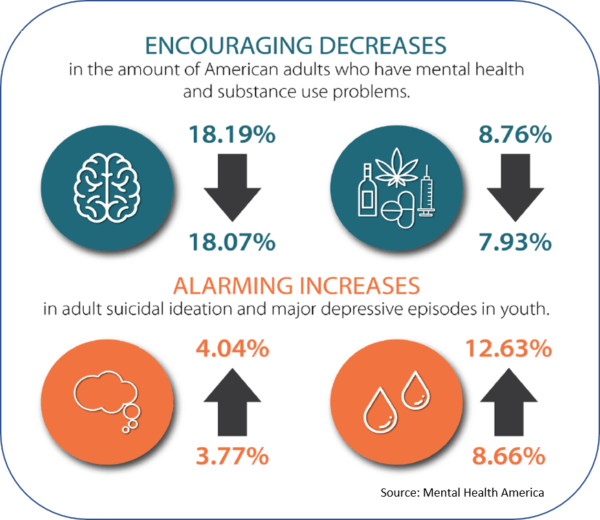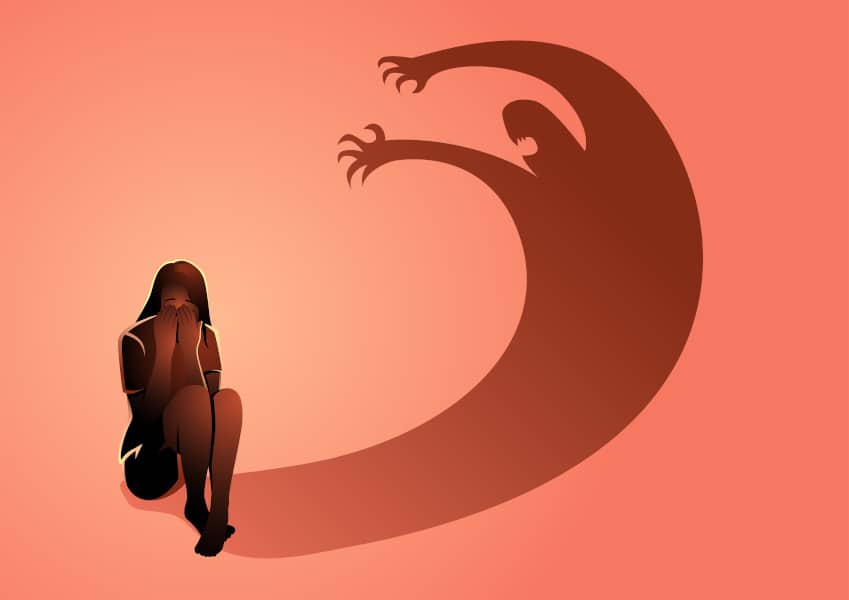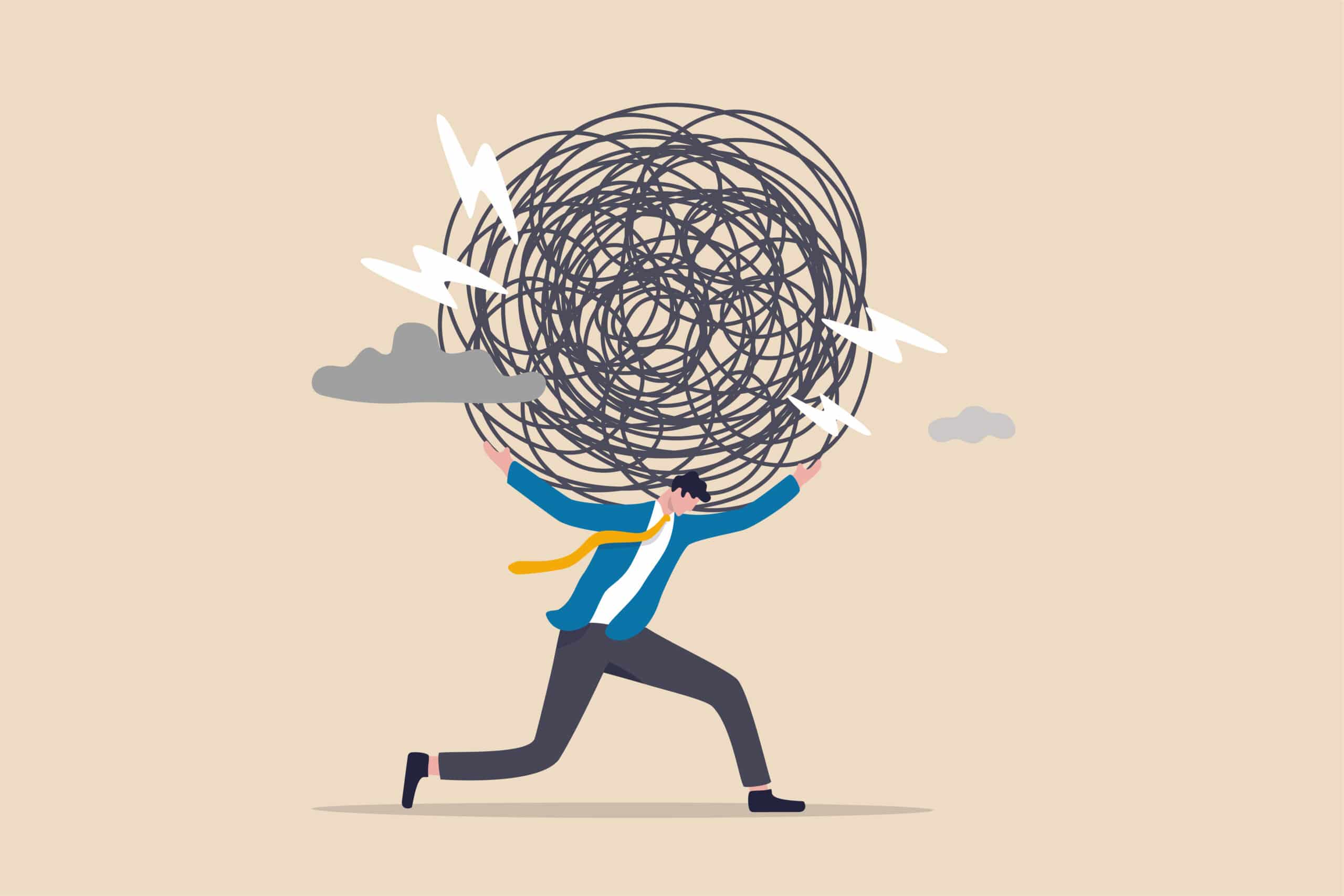 Just over 44 million Americans adults currently have a mental illness according to the recently released State of Mental Health in America 2019. While this number is high, it is a slight decrease from the previous year. However, there has a been an alarming increase in suicidal ideation in adults (increased by over 200,000 from the previous year) and major depressive episodes in youth.
Just over 44 million Americans adults currently have a mental illness according to the recently released State of Mental Health in America 2019. While this number is high, it is a slight decrease from the previous year. However, there has a been an alarming increase in suicidal ideation in adults (increased by over 200,000 from the previous year) and major depressive episodes in youth.
Why should we be so alarmed by higher rates of childhood depression and adult suicidal ideation? Because experts now agree that left untreated, childhood depression will persist into young adult and adulthood. Demonstrating this claim is the recently released Journal of Abnormal Psychology report from the American Psychological Association which reveals that major depression increased 63% for individuals ages 18-25 and suicidal thoughts in the same age group rose by 70%.
We know that not everyone with depression has suicidal thoughts, however, having a major depressive disorder does increase the suicide risk, and it is typically related to the severity of depression. With the increases in both depression and suicide in the 18-25-year-old population, it is imperative to understand the causes leading to these spikes.
The Journal of Abnormal Psychology report states, “cultural trends in the last 10 years may have had a larger effect on mood disorders and suicide-related outcomes among younger people compared to older people.” Since alcohol and drug use among young adults is unchanged or decreasing, the increase in depressive symptoms and major depressive disorder cases is being attributed to social media, electronic communication, and the lack of sleep often associated with depression and anxiety.
Let’s take a closer look at how social media and sleep factor into mental health.
What is the Social Media Effect?
Over three billion people globally use social media to engage with others, access news and share information and media. On average individuals spend two hours a day engaged on social media platforms, and misuse can lead to negative mental health implications, such as depression.
Individuals who use multiple social media platforms (7-11) are three times at greater risk for depression that those who use less. The constant multi-tasking stresses the brain causing poorer attention, cognition, and mood changes. Social media also opens the door for a constant comparison, especially for young adults. This quick judgement and false sense of reality often leads to a skewed sense of self.
Finally, symptoms increase due to the isolation social media tends to cause. The virtual social interaction has led to a decrease in face-to-face contact which is desperately needed to combat the sense of isolation.
How can sleep impact depression?
We know our body needs sleep, and for those that are younger, that need is even greater. One of the most common signs of depression is insomnia, or the inability to fall asleep. The relationship between poor sleep and depression is complex; for some, insomnia may develop due to depression, and for others, it may be the root cause of their chronic depression.
Sleep gives our body time to cleanse, stabilize, and heal. When we lack sleep our brain’s ability to control emotions and reasoning is weakened, profoundly effecting emotional and cognitive function. Results from this weakening causes irritability, negative thinking, decreased empathy, tension, and fatigue.
Sleep deprivation can also cause problems in growth and appetite regulation. When our body is deprived of sleep, higher amounts of hunger hormones are produced, causing change in our appetite and often a craving for unhealthy foods. Appetite changes can lead to weight gain, diabetes, depression, and other mental and physical issues.
What are the warning signs of suicide?
Suicidal thoughts are common for those with depression, and in most cases are temporary and can be treated. However, in some cases, these thoughts place the person at risk of attempting or completing suicide. Depression is the most common mental illness associated with suicide, and those with depression are at a greater risk of suicide than the general population.
Some individual with suicidal ideation may keep their thoughts and feelings a secret, however, others may show the following signs:
- feeling or appearing hopeless
- preoccupation with violence, death
- mood swings, either happy or sad
- talking about revenge, guilt, or shame
- in a heightened state of anxiety
- changes in personality, routine, or sleeping patterns
- increased drug or alcohol use
- engaging in risky behavior
- getting their affairs in order and giving things away
- experiencing depression, anxiety, impaired concentration
- increased isolation
- talking about being a burden to others
- saying goodbye to others as if it were the last time
- severe remorse and self-criticism
What can help with depression and anxiety?
As more young adults and adults are suffering from depression and suicide, long-term support and therapy may be needed. At Lifeskills South Florida, we combine evidence-based interventions such as Cognitive Behavioral Therapy, with a holistic treatment approach to healing to help support and ensure long-term recovery.
Since the 1970s, meditation and other stress-reduction techniques have been studied, and both yoga and mindfulness have proven effective in training the brain to reduce stress, anxiety, and depression. According to Harvard Health Publications, these techniques appear to modulate stress response systems, which decreases physiological arousal, for example, reducing the heart rate, lowering blood pressure, and easing respiration. There is also evidence that yoga practices help increase heart rate variability, an indicator of the body’s ability to respond to stress more flexible. For clients dealing with depression, anxiety, or stress, yoga may be a very appealing way to better manage symptoms. The scientific study of yoga demonstrates that mental and physical health are not just closely allied but are essentially equivalent. The evidence is growing that yoga practice is a relatively low-risk, high-yield approach to improving overall health.
Lifeskills South Florida offers weekly yoga classes, led by Alice Saltzman, CSW, in addition to spirituality and meditation classes and other groups. Since easing psychological stress and calming the nervous system is so critical to creating a therapeutic environment, yoga is the natural companion to evidence-based treatment. Yoga shares many of the same goals and teaches participants to achieve these goals in a holistic manner through new coping mechanisms, controlled breathing, and gaining control over thoughts and emotions. These techniques bring balance and peace of mind. Yoga positions express acceptance of one’s own failures and forgiving to self. Breath control facilitates physical control and inner and outer peace.
Through the self-discipline and meditation of yoga, concrete actions to achieve treatment goals or life plan goals are enhanced. Yoga supports those goals by giving individuals tools to positively direct their emotions, thoughts and coping mechanisms.
Effective treatment for depression is needed to help reduce the rising suicide rates among adults. Lifeskills South Florida can help you or your loved one experience the personal growth and fulfillment desired. For more information on our treatment program and multiple levels of care, call our admissions team at 954-953-1742 or complete our contact form.




